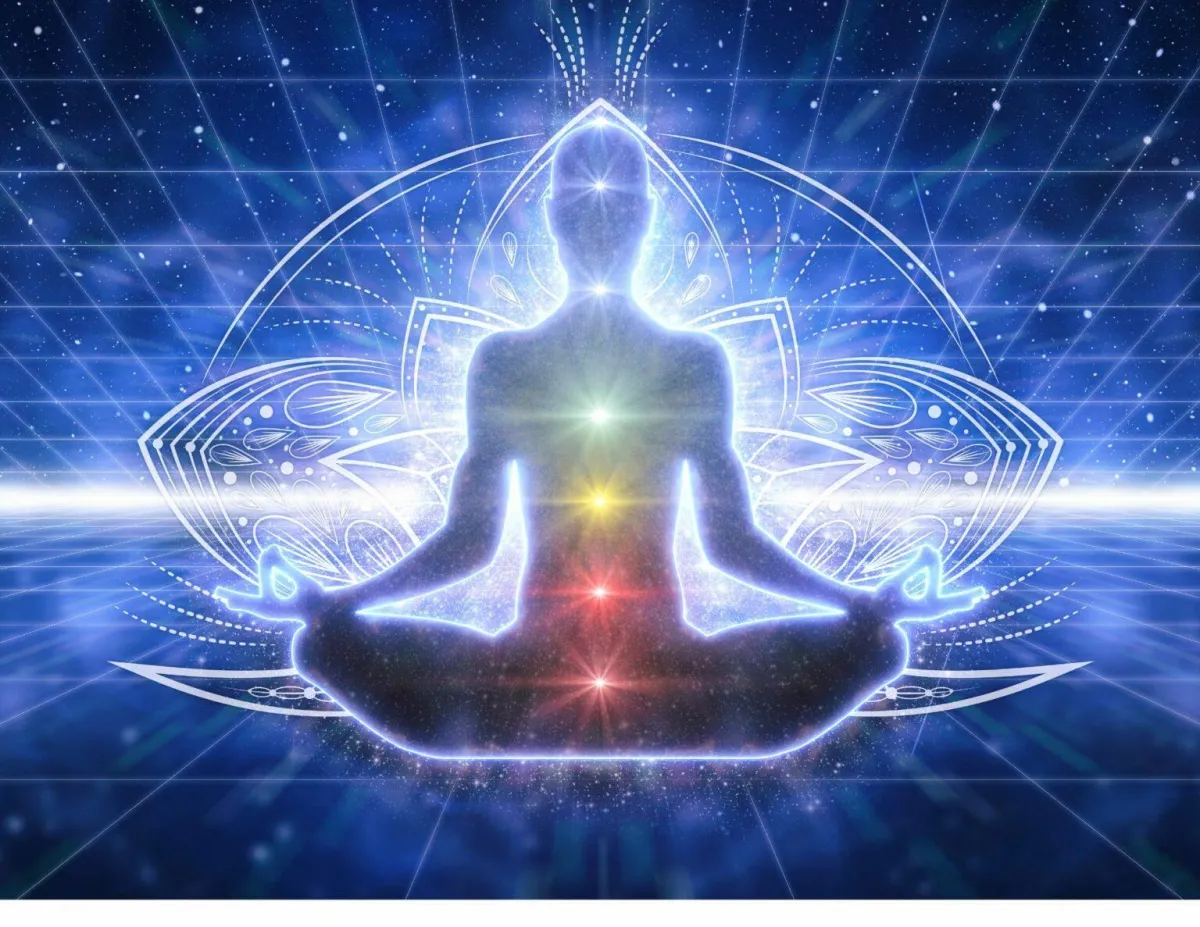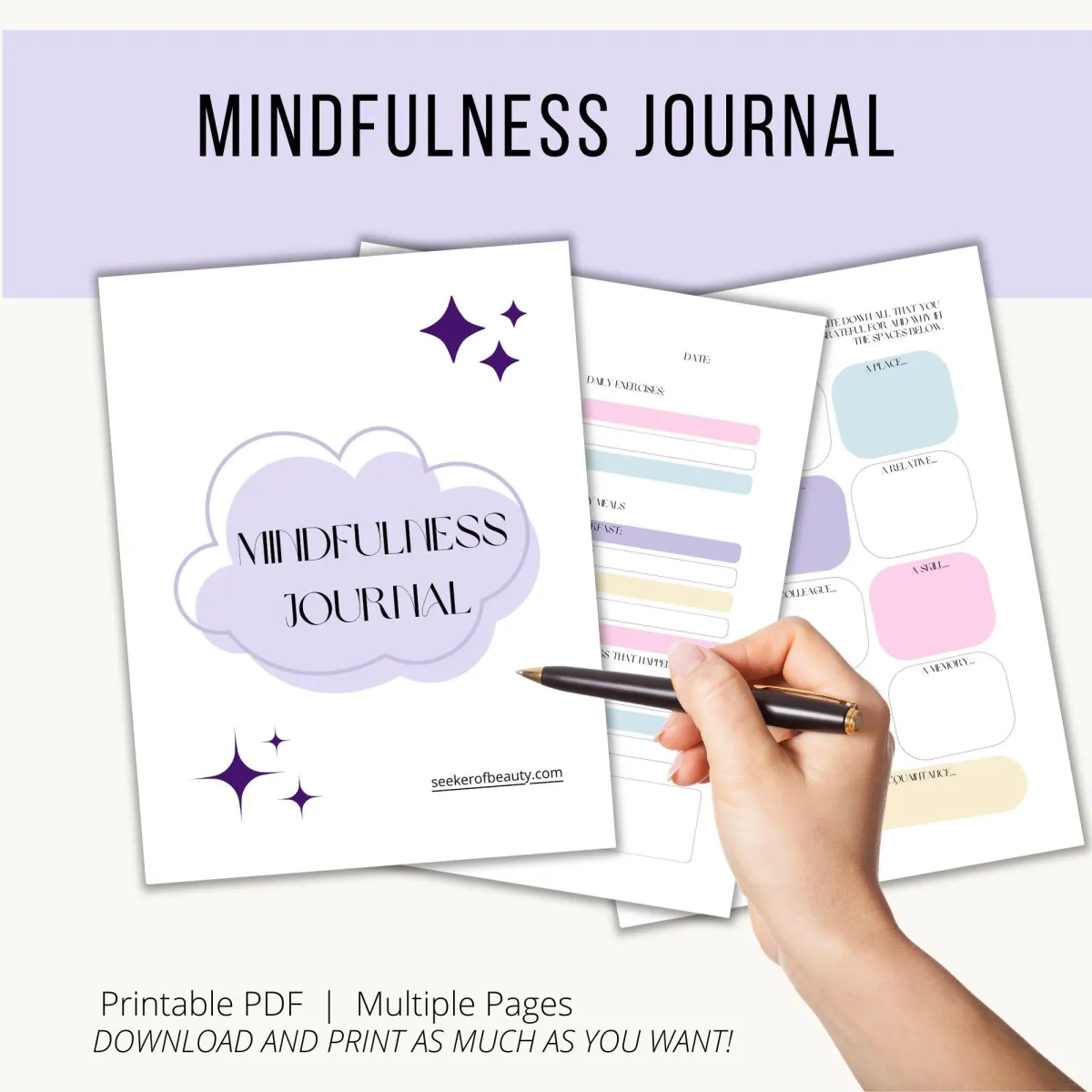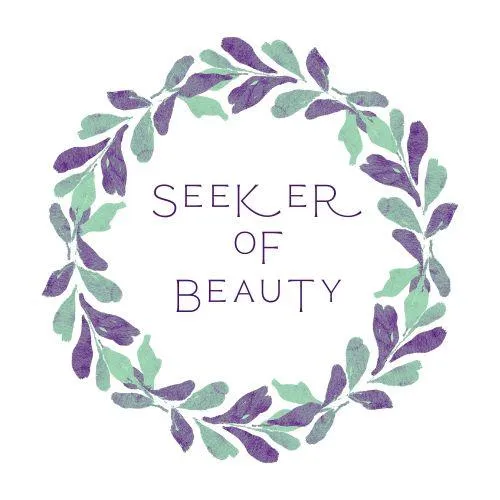
What is a Chakra?
Chakras are swirling energy centers in the body. They are said to be located along the spine, from the base of the spine to the crown of the head. There are seven main chakras, each of which is associated with a different color, element, and emotion. The seven chakras are:
Root Chakra: Red, Earth, Survival
Sacral Chakra: Orange, Water, Creativity
Solar Plexus Chakra: Yellow, Fire, Power
Heart Chakra: Green, Air, Love
Throat Chakra: Blue, Ether, Communication
Third Eye Chakra: Indigo, Light, Intuition
Crown Chakra: Violet, Spirit, Enlightenment
Chakras are said to be open when they are flowing freely, and blocked when they are not. When a chakra is blocked, it can lead to physical, emotional, and spiritual problems. There are many different ways to unblock chakras, including yoga, meditation, and crystal healing.
Using Crystals to Balance Chakras
You can use crystals to help balance and heal your chakras by wearing them, meditating with them, or placing them on the corresponding chakra point on your body.
Here are some tips for using crystals to balance your chakras:
Choose crystals that you are drawn to and that feel right for you.
Hold the crystals in your hands and focus on your intention to balance your chakras.
Meditate with the crystals and visualize the energy flowing through your chakras.
Place the crystals on the corresponding chakra point on your body.
It is important to note that working with crystals is a personal journey. There is no right or wrong way to do it. Experiment with different crystals and find what works best for you.
Here are some crystals that are commonly used for chakra balancing:
Root Chakra: Red Jasper, Red Coral
Sacral Chakra: Carnelian, Orange Calcite
Solar Plexus Chakra: Yellow Jasper, Citrine
Heart Chakra: Rose Quartz, Green Aventurine
Throat Chakra: Blue Lace Agate, Sodalite
Third Eye Chakra: Amethyst, Lapis Lazuli
Crown Chakra: Clear Quartz, Moonstone
When choosing crystals for chakra balancing, it is important to choose crystals that you are drawn to and that feel right for you. You can also consult with a qualified crystal healer to get more personalized recommendations.
Root Chakra
The root chakra is the first chakra in the body, and it is located at the base of the spine. It is associated with the color red, the element of earth, and the sense of smell. The root chakra is responsible for our basic needs, such as food, shelter, and safety. It also governs our sense of security and grounding.
When the root chakra is balanced, we feel secure and grounded in the world. We have a sense of belonging and purpose. We are able to meet our basic needs and feel safe and secure.
When the root chakra is blocked, we may experience feelings of insecurity, anxiety, and fear. We may also have difficulty meeting our basic needs or feeling safe and secure.
There are many ways to balance the root chakra. Some common methods include:
Yoga poses that ground the body, such as tree pose and warrior pose
Meditations that focus on the breath or the body
Crystals that correspond to the root chakra, such as red jasper and red coral
Aromatherapy with essential oils that correspond to the root chakra, such as sandalwood and cedarwood
Sacral Chakra
The sacral chakra is the second chakra in the body, and it is located below the navel. It is associated with the color orange, the element of water, and the sense of taste. The sacral chakra is responsible for our creativity, sexuality, and emotions. It also governs our sense of pleasure and connection with others.
When the sacral chakra is balanced, we feel creative, sexual, and connected to others. We are able to express our emotions in a healthy way and experience pleasure in life.
When the sacral chakra is blocked, we may experience feelings of creativity, sexual repression, and emotional instability. We may also have difficulty connecting with others or experiencing pleasure in life.
There are many ways to balance the sacral chakra. Some common methods include:
Yoga poses that open the hips, such as pigeon pose and bridge pose
Meditations that focus on the breath or the body
Crystals that correspond to the sacral chakra, such as carnelian and orange calcite
Aromatherapy with essential oils that correspond to the sacral chakra, such as ylang-ylang and jasmine
Solar Plexus Chakra
The solar plexus chakra is the third chakra in the body, and it is located in the upper abdomen, just below the rib cage. It is associated with the color yellow, the element of fire, and the sense of sight. The solar plexus chakra is responsible for our personal power, self-esteem, and will power. It also governs our sense of identity and self-confidence.
When the solar plexus chakra is balanced, we feel confident, powerful, and in control of our lives. We have a strong sense of self-esteem and self-worth. We are able to set and achieve our goals and make decisions that are in our best interests.
When the solar plexus chakra is blocked, we may experience feelings of insecurity, low self-esteem, and powerlessness. We may also have difficulty setting and achieving our goals or making decisions that are in our best interests.
There are many ways to balance the solar plexus chakra. Some common methods include:
Yoga poses that strengthen the core, such as sun salutations and warrior poses
Meditations that focus on the breath or the body
Crystals that correspond to the solar plexus chakra, such as yellow jasper and citrine
Aromatherapy with essential oils that correspond to the solar plexus chakra, such as lemon and grapefruit
Heart Chakra
The heart chakra is the fourth chakra in the body, and it is located in the center of the chest, near the heart. It is associated with the color green, the element of air, and the sense of touch. The heart chakra is responsible for our love, compassion, and connection with others. It also governs our ability to forgive and let go of negativity.
When the heart chakra is balanced, we feel loving, compassionate, and connected to others. We are able to give and receive love freely. We are also able to forgive and let go of negativity.
When the heart chakra is blocked, we may experience feelings of unworthiness, loneliness, and fear of intimacy. We may also have difficulty giving and receiving love.
There are many ways to balance the heart chakra. Some common methods include:
Yoga poses that open the heart, such as child’s pose and heart-openers
Meditations that focus on the heart or the breath
Crystals that correspond to the heart chakra, such as rose quartz and green aventurine
Aromatherapy with essential oils that correspond to the heart chakra, such as rose and lavender
Throat Chakra
The throat chakra, also known as Vishuddha, is the fifth chakra in the body. It is located in the throat, near the thyroid gland. It is associated with the color blue, the element of ether, and the sense of hearing. The throat chakra is responsible for our communication, creativity, and self-expression. It also governs our ability to listen and be heard.
When the throat chakra is balanced, we feel confident in our ability to communicate. We are able to express ourselves clearly and effectively. We are also able to listen to others and understand their perspectives.
When the throat chakra is blocked, we may experience difficulty communicating our thoughts and feelings. We may also have difficulty listening to others or understanding their perspectives.
There are many ways to balance the throat chakra. Some common methods include:
Yoga poses that open the throat, such as fish pose and shoulder stand
Meditations that focus on the throat or the breath
Crystals that correspond to the throat chakra, such as blue lace agate and sodalite
Aromatherapy with essential oils that correspond to the throat chakra, such as eucalyptus and peppermint
Third Eye Chakra
The third eye chakra, also known as the Ajna chakra, is the sixth chakra in the body. It is located in the center of the forehead, between the eyebrows. It is associated with the color indigo, the element of light, and the sense of sight. The third eye chakra is responsible for our intuition, imagination, and wisdom. It also governs our ability to see beyond the physical world.
When the third eye chakra is balanced, we feel intuitive, imaginative, and wise. We are able to see the world with clarity and understanding. We are also able to connect with our inner guidance and intuition.
When the third eye chakra is blocked, we may experience difficulty trusting our intuition or seeing the world clearly. We may also have difficulty connecting with our inner guidance.
There are many ways to balance the third eye chakra. Some common methods include:
Yoga poses that open the forehead, such as child’s pose and forehead stand
Meditations that focus on the third eye or the breath
Crystals that correspond to the third eye chakra, such as amethyst and lapis lazuli
Aromatherapy with essential oils that correspond to the third eye chakra, such as sage and frankincense
Crown Chakra
The crown chakra, also known as Sahasrara is the seventh chakra in the body. It is located at the top of the head and it is associated with the color violet or white and is often depicted as a thousand-petaled lotus flower. The crown chakra is considered the highest and most spiritual of the chakras and is often associated with qualities such as enlightenment, spiritual awareness, and connection to the divine or universal consciousness.
When the crown chakra is said to be balanced and open, it is believed to lead to a deep sense of spiritual connection, wisdom, and a sense of purpose in life. Imbalances in this chakra may manifest as feelings of disconnection, lack of purpose, or spiritual apathy.
Various practices, including meditation, yoga, and mindfulness, are often used to help balance and align the chakras, including the crown chakra, in order to promote overall well-being and spiritual growth.
Conclusion
Chakras are energy centers in the body that are believed to be responsible for our physical, emotional, and spiritual well-being. When our chakras are balanced, we feel healthy, happy, and connected. When they are blocked, we may experience physical symptoms, emotional imbalances, or spiritual disconnection.
There are many benefits to learning about chakras. Here are a few:
Increased self-awareness: Learning about chakras can help you to become more aware of your own thoughts, feelings, and behaviors. This can lead to greater self-understanding and self-acceptance.
Improved emotional health: When your chakras are balanced, you are better able to manage your emotions. This can lead to a reduction in stress, anxiety, and depression.
Enhanced physical health: A healthy chakra system can contribute to overall physical health. This includes improved circulation, digestion, and immune function.
Deeper spiritual connection: When your chakras are aligned, you may feel a greater sense of connection to yourself, others, and the universe. This can lead to increased spiritual awareness and a more fulfilling life.

Free Mindfulness Journal
© 2024 Seeker of Beauty built by
sweetsallysscents


Facebook
Instagram